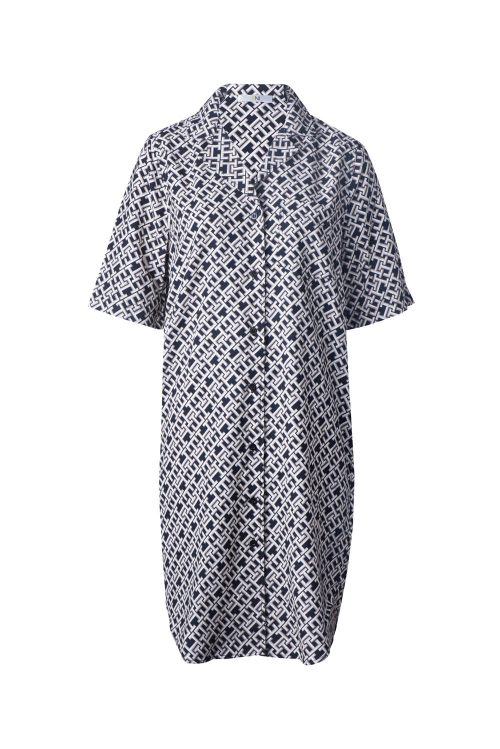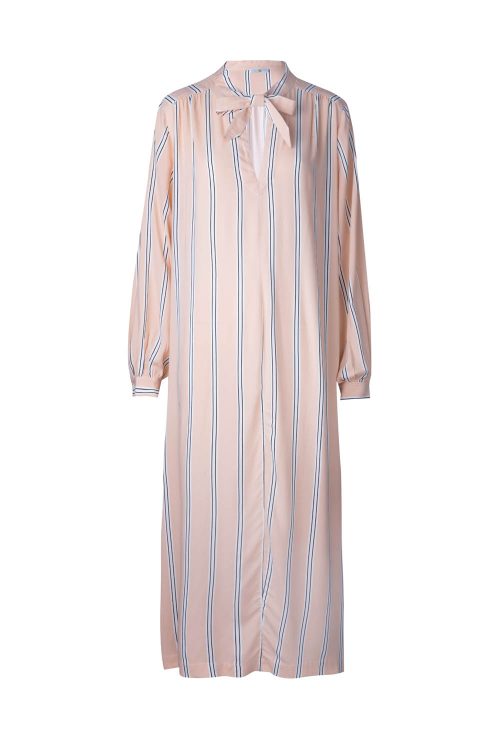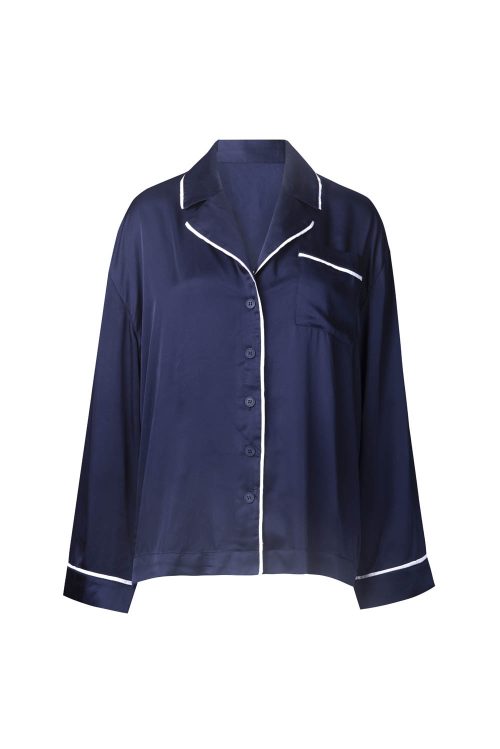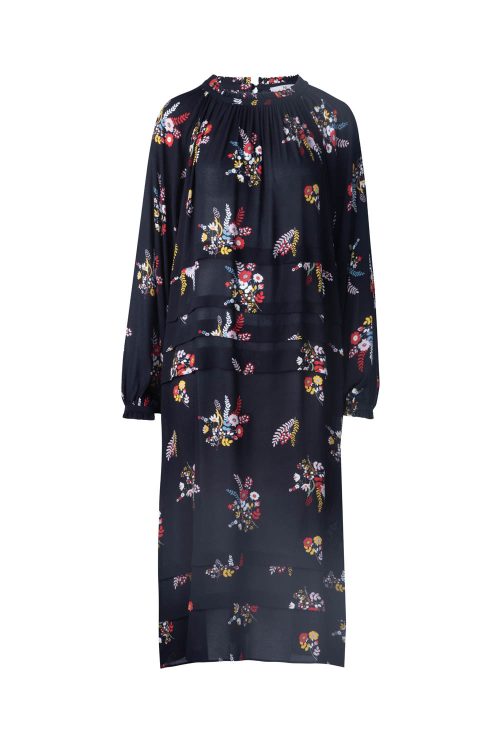
Introduction to OEM Clothing Manufacturing
OEM, or Original Equipment Manufacturing, stands as a cornerstone in the world of fashion, offering brands the opportunity to bring their unique visions to life through custom clothing production. Partnering with an OEM clothing manufacturer not only streamlines the process from conception to creation but also ensures that each piece aligns with the brand’s identity and quality standards. This partnership harbors numerous benefits, including access to specialized expertise, cost-effectiveness, and the ability to rapidly respond to market trends.
Understanding the OEM Process
The journey of an OEM partnership unfolds through several crucial stages, beginning with design and prototyping. Here, ideas transform into tangible samples, allowing brands to refine and perfect their visions. Material selection then plays a pivotal role, as it directly impacts the quality, sustainability, and appeal of the final product. The heart of the process, production, is where the manufacturer’s expertise in crafting high-quality garments shines, adhering to stringent quality control measures. Finally, the journey concludes with efficient packaging and shipping, ensuring that products reach their destination in impeccable condition.
Advantages of OEM for Fashion Brands
Choosing an OEM route offers fashion brands a competitive edge, enabling them to customize products extensively, ensuring each item reflects their brand identity. This path also offers significant cost advantages, as manufacturers leverage their supply chain efficiencies to reduce expenses. Furthermore, OEM partnerships facilitate a quicker turnaround, allowing brands to stay ahead in the fast-paced fashion industry.
Choosing the Right OEM Clothing Manufacturer
Identifying a suitable OEM partner involves scrutinizing their experience, expertise, and the quality of their output. Quality assurance mechanisms are paramount, as they guarantee that the final products meet the brand’s expectations. Additionally, a manufacturer’s ability to efficiently manage supply chains and logistics greatly influences the success of the partnership.
Sustainability and Ethics in OEM Clothing Manufacturing
Today’s fashion brands are increasingly committed to sustainability and ethical practices. An ideal OEM partner aligns with these values, employing sustainable materials and ensuring ethical labor practices. This commitment not only enhances the brand’s image but also contributes positively to the industry’s global impact.
Navigating Challenges in OEM Clothing Manufacturing
While the benefits are plentiful, OEM partnerships can encounter hurdles, such as overcoming communication barriers and cultural differences. Staying abreast of evolving fashion trends and managing production costs and timelines are also critical for maintaining a fruitful collaboration.
OEM Clothing Manufacturer
In the digital age, technology plays a vital role in optimizing the OEM process, from design through to production. Successful case studies within the industry highlight how embracing technological advancements can lead to remarkable efficiency and innovation.
FAQs
- What sets OEM manufacturing apart from other production models?
- How does partnering with an OEM manufacturer impact brand identity?
- What are the key factors to consider when choosing an OEM clothing manufacturer?
- How do OEM manufacturers ensure product quality?
- Can OEM partnerships support small fashion brands?
- What role does technology play in modern OEM clothing manufacturing?
Conclusion
OEM clothing manufacturers are invaluable allies for fashion brands aiming to achieve excellence and innovation. By understanding and leveraging this partnership, brands can navigate the complexities of garment production, ensuring their products resonate with quality, sustainability, and style. The journey with an OEM manufacturer is not just about creating clothing; it’s about crafting a legacy that stands the test of time.




